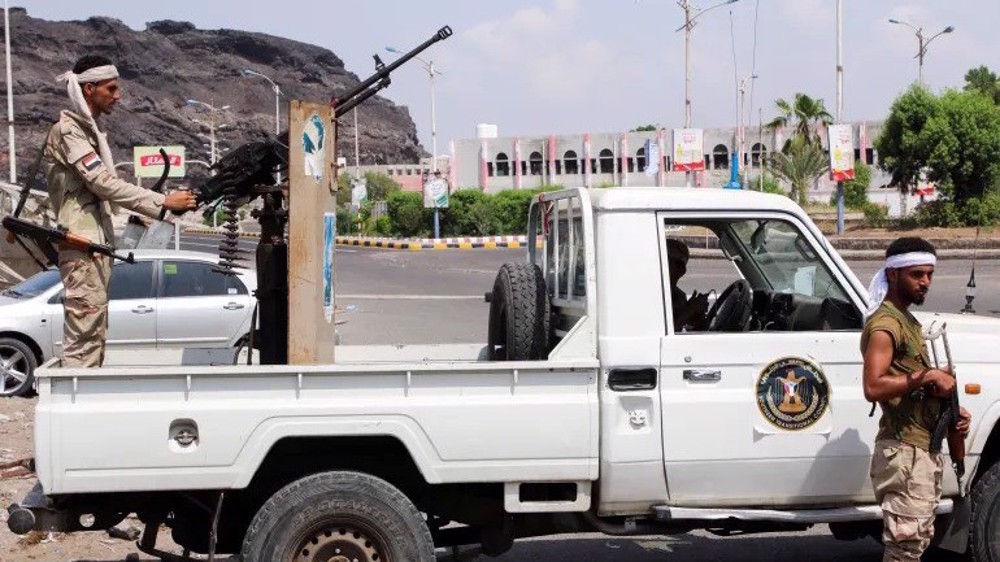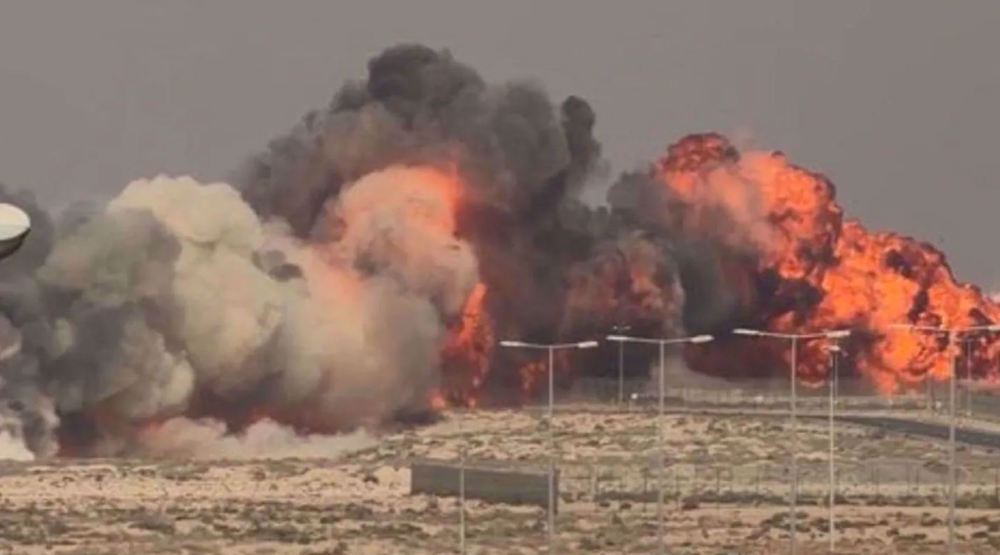Bahrainis widen protests to mark Feb. 11 revolution
Ahead of February 14, the anniversary of Bahrain's popular uprising, a three-day strike has started in the Persian Gulf Arab kingdom by the closure of businesses.
Last week, Bahraini opposition and political activists called for a three-day public strike and overall demonstrations to mark the fourth anniversary of their uprising on February 14.
The opposition parties said they are preparing for a general strike starting on Wednesday, Feb 11, at 8:00 p.m. (local time) and running until Saturday, Feb 14.
The opposition also asked the Bahrainis to stop any deal or commercial transaction with the government and refuse to purchase goods or go to gas stations, and make the streets empty of vehicles during the three-day strike.
Protests widen
Meanwhile, protests continued in Bilad al-Qadeem and a number of other Bahraini towns near the capital Manama on Wednesday, 46 days since the top Shia opposition leader, Sheikh Ali Salman, was arrested.
Protesters shouted slogans demanding the release of Salman and other prisoners of conscience despite the heavy crackdown by tear gas-firing police.
Bahraini forces also raided a number of houses in the villages of Dumistan, Eker, Sanabis, Sar and Bilad al-Qadeem in the suburbs of Manama.
Salman was arrested on charges of seeking regime change and collaborating with foreign powers. The cleric denies the charges.

Nabeel Rajab’s appeal hearing adjourned to March 4
Bahrain has postponed a hearing for Nabeel Rajab, human rights activist, to March 4, upon his appeal against an indictment for publicly insulting two state institutions on his Twitter account.
Rajab’s lawyer, Mohammed al-Jishi, confirmed the postponement on his Twitter account.

Rajab, president of the Bahrain Center of Human Rights and a member of the Human Rights Watch Middle East division’s advisory committee, had a leading role in Bahraini people uprising that demanded reforms in the kingdom.
He was arrested on October 1, 2014, following a post on his Twitter saying that “Many #Bahrain men who joined #terrorism & #ISIS came from security institutions and those institutions were the first ideological incubator.” Thus, he was accused of insulting the ministries of defense and interior, according to authorities.
Regime abuses in 2014
According to a report released by Bahrain’s al-Wefaq National Islamic Society, human rights violations committed by the Manama regime in 2014 are not less than they were in the previous years.
“The figures relating to the regime’s violations are still shocking. They reveal the fact that the mentality behind suppressions committed against the opposition in the year 2011, since the declaration of state of emergency, is still ongoing,” said Hadi al-Musawi, head of Freedom and Human Rights department of al-Wefaq Society.
Moussawi presented the report to a group of lawyers, journalists and activists at the headquarters of al-Wefaq Society in the capital Manama on Tuesday evening, stressing that the report only shows the most obvious violations of the Bahraini authorities, which the department managed to monitor and document during the year 2014.
According to the report, some 1,740 cases of arbitrary detentions happened during the year 2014, 29 of which were women, 244 were children. 815 cases of the arrests were accompanied with home raids. Totally, 2,332 raid cases took place at both houses and private properties during the year.
The report pointed out that 300 torture and ill-treatment cases were monitored during the past year. In total, cases of torture and ill-treatment include three main types: 152 cases of beating, 54 denial of medical care and treatment and 34 cases of lack of communications.

One of the most prominent cases of victims of torture over the past year period, the report says, is the citizen Hassan Abdul Majid Abdul Nabi al-Sheikh, who was subjected to death torture.
The killings in total, since 2011, include 166 cases of civilians with four foreigners among them, of whom 79 suffered suffocation with tear gas, 20 were tortured, 17 sustained shotgun bullets, 9 received live bullets, 7 were denied treatment and 7 were beaten.
Twenty-seven abortions were reported due to exposure to tear gas while 24 children aged under 18, 115 adults, including 41 in their 50s, were killed. The number of female victims has reached 35.
Briefly, the report presents the following total figures about the Bahraini regime’s violation of human rights from 2011 to 2014:
Murder: 166 civilian deaths, including 4 foreigners
Raids: Up to 6,816 cases
Torture & ill-treatment: 2,945 cases
Violations of religious freedom: About 400 cases
Arrests: 8.824 cases of arbitrary detention, including 286 women, and 720 children
Injuries (including torture injuries): 4,367 cases, 33 of whom succumbed.
SHR/KA/SS
VIDEO | December 8 marks 37th year since start of 1st Palestinian Intifada
Iran inflicted ‘heavy, extensive’ losses on Israel during 12-day war: Diplomat
Official: Over 80,000 Israeli troops treated for psychological disorders since Gaza war
Iranian media’s global, narrative-shaping reach – acknowledged by Israeli ‘think tanks’
At least 110 Palestinians killed in Israeli prisons since Ben-Gvir took office: Report
Iran, Azerbaijan agree to continue consultations to settle conflicts: FM
Israel allocates $830 million to settlement expansion in West Bank
VIDEO | Japaneses rally against Takaichi's erroneous remarks regarding China's Taiwan










 This makes it easy to access the Press TV website
This makes it easy to access the Press TV website